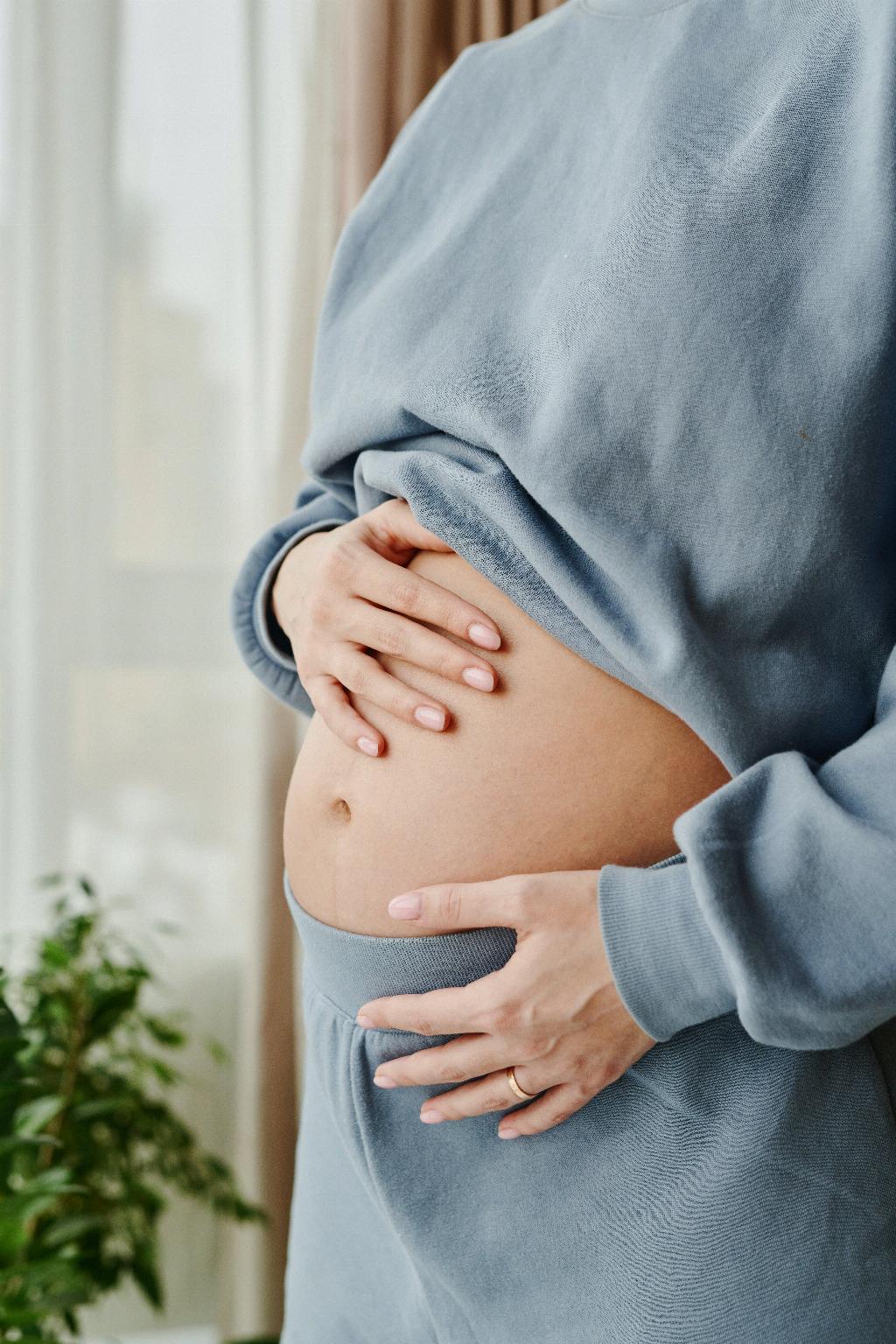When it comes to enjoying a cup of coffee during pregnancy, many women often wonder about the safety of consuming caffeine. Is it okay to indulge in that morning pick-me-up when you are two weeks pregnant? Let’s delve into the details and discuss the potential impact of coffee on early pregnancy.
During the early stages of pregnancy, particularly at two weeks, the embryo is still in the process of implanting itself into the uterine wall. This crucial phase sets the foundation for a healthy pregnancy. The question of whether it is safe to consume coffee at this stage arises due to concerns about the effects of caffeine on the developing fetus.
Caffeine is a stimulant that can cross the placenta and reach the developing baby. While moderate caffeine consumption is generally considered safe during pregnancy, it is essential to be mindful of your intake, especially in the first trimester. Some studies suggest a potential link between high caffeine intake and an increased risk of miscarriage, although the evidence is not definitive.
At two weeks pregnant, when the pregnancy is still in its early stages, it is advisable to limit your caffeine intake. It is typically deemed safe to consume one to two cups of coffee per day, provided that your total daily caffeine intake from all sources does not exceed 200 milligrams. It is crucial to consider not only coffee but also other sources of caffeine such as tea, soft drinks, and chocolate.
It is important to remember that caffeine is not only found in coffee but also in various other beverages and food items. Paying attention to your overall caffeine consumption is key to ensuring that you stay within the recommended limits during pregnancy. Being aware of the caffeine content in different products can help you make informed choices about your dietary habits.
While caffeine in moderation is generally considered safe during pregnancy, it is essential to consult with your healthcare provider. Every pregnancy is unique, and individual factors such as overall health, medical history, and pregnancy complications can influence the recommendations regarding caffeine consumption. Your doctor can provide personalized guidance based on your specific circumstances.
Additionally, it is essential to listen to your body and observe how you respond to caffeine. Some women may find that they are more sensitive to caffeine during pregnancy, experiencing symptoms such as increased heart rate, jitteriness, or difficulty sleeping. If you notice any adverse effects after consuming caffeine, it may be wise to reduce your intake or opt for decaffeinated alternatives.
Understanding the potential risks and benefits of caffeine consumption during pregnancy can help you make informed decisions about your dietary choices. While enjoying a cup of coffee at two weeks pregnant may be considered safe in moderation, it is crucial to prioritize the health and well-being of both you and your baby. Maintaining a balanced and nutritious diet is key to supporting a healthy pregnancy journey.
In conclusion, the decision to drink coffee at two weeks pregnant ultimately depends on various factors, including your overall health, pregnancy status, and caffeine tolerance. While moderate coffee consumption is generally deemed safe during pregnancy, it is essential to be mindful of your caffeine intake and consult with your healthcare provider. By staying informed and making informed choices, you can navigate the nuances of caffeine consumption during pregnancy responsibly.

